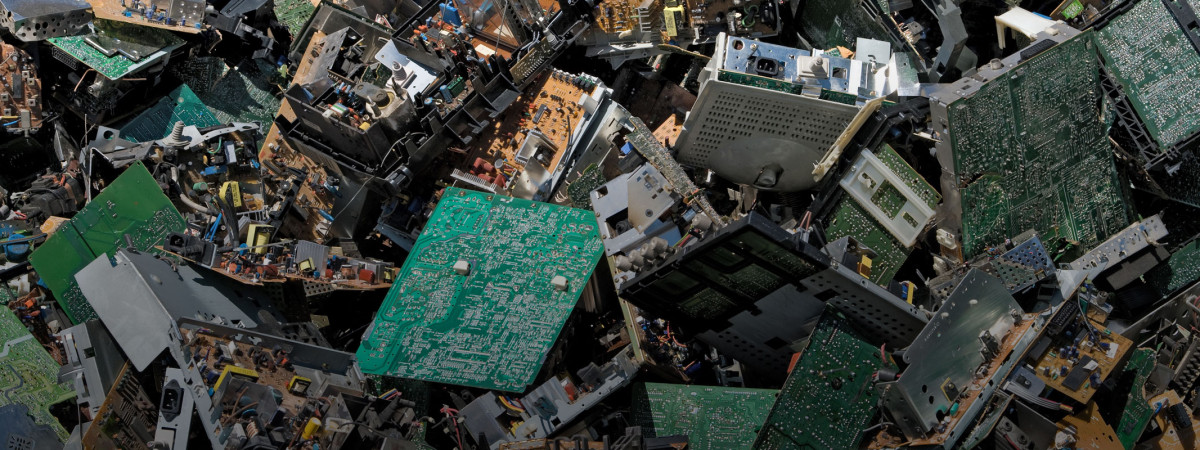
Authors
-
Marshall Chase
Former Associate Director, BSR
As I prepare for sessions at the Green Electronic Council’s upcoming conference, Emerging Green 2015: Electronics in a Circular Economy, I’ve been wrestling with the question, “What exactly is a circular economy—particularly in electronics?”
According to the Ellen MacArthur Foundation, a circular economy is “one that is restorative by design and which aims to keep products, components, and materials at their highest utility and value at all times.”
But taken on its own, that definition doesn’t answer my question: What does a circular economy look like?
It can be hard to say, because we don’t live in one yet. But the Ellen MacArthur Foundation offers some guidance that helps us identify elements of a circular economy that are emerging and interacting in interesting ways. These include:
- Products designed with recyclable materials that are relatively easy to disassemble, such as the Fairphone or Google’s (Alphabet’s?) Project Ara.
- Business models and reverse logistics that obtain value from “used” products by collecting, treating, and redeploying them, such as cell phone take-back programs, or Caterpillar’s and Cummins’ remanufacturing programs.
- Collaboration across value chains to identify opportunities to eliminate waste, such as repurposing carbon fiber for football pads.
- Collaboration across sectors to create an environment that supports circular-economy models with appropriate rules and resources, such as collaboratively developed, consensus-based environmental rating systems.
I’m looking forward to discussing BSR’s contributions and support for circular-economy models at Emerging Green (we’re also exploring this concept at a circular-economy event in Paris in a few weeks, and at a pre-Conference BSR University training this year). I’m also looking forward to learning from others about their vision for a circular economy. Sessions at Emerging Green on extending product lifespans, dealing with electronic waste, and adopting new business models and emerging technologies, among others, should shed light on the possibility of developing a circular economy for electronics.
If you are interested in accelerating progress toward a circular economy for electronics, consider joining us in Oregon September 22-24 or at one of BSR’s events, or tweet us your questions and thoughts.
Let’s talk about how BSR can help you to transform your business and achieve your sustainability goals.